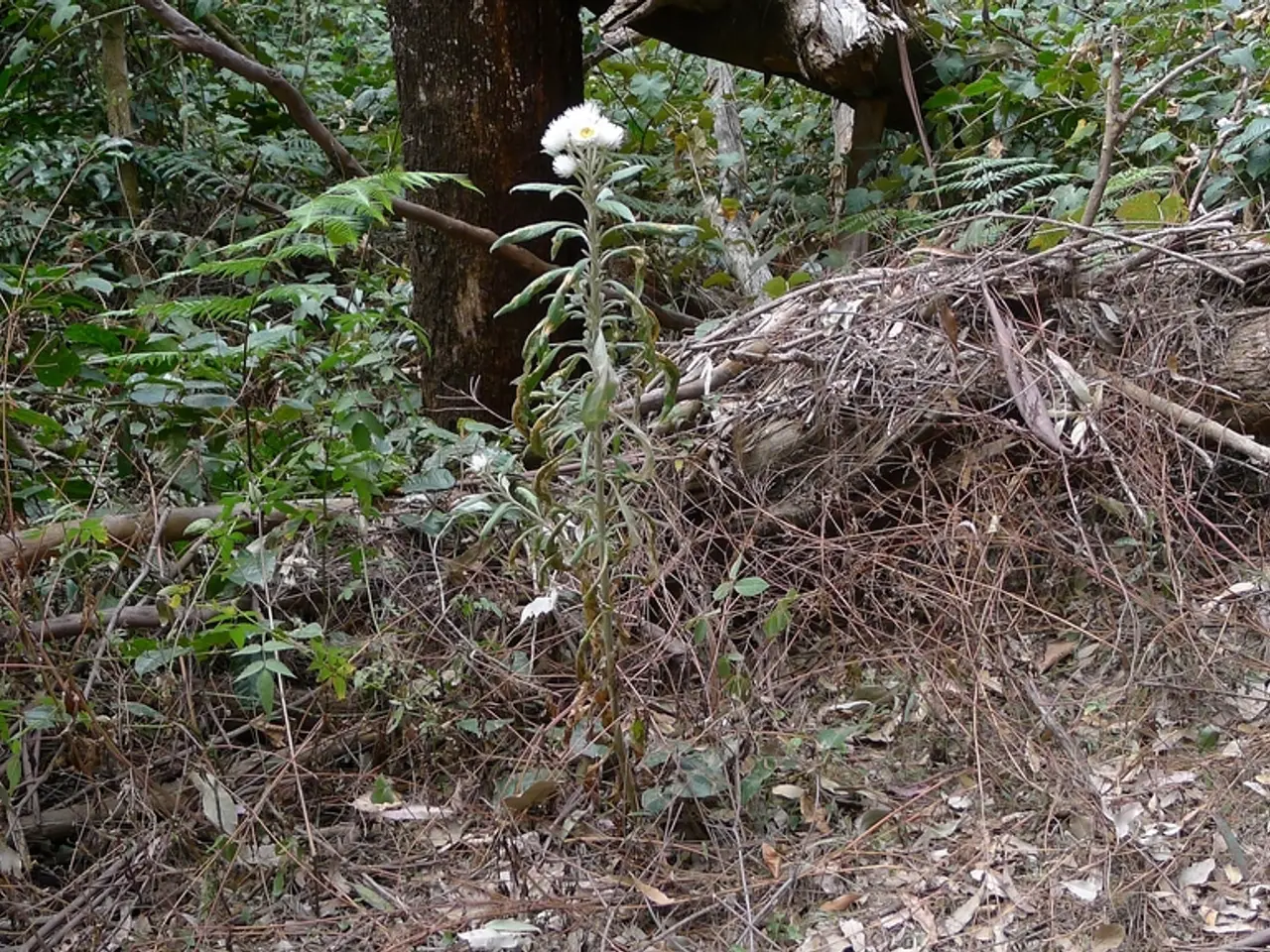Environmental enthusiasts convene at a school in Luboń on October 18, 2024, for a conference focused on environmental issues.
In a world grappling with environmental challenges such as deforestation and climate change, it's more important than ever to foster a love and connection with nature in our children. On October 18, 2024, a conference in Luboń, organised by a website, aimed to do just that. The event, focused on inspiring children about their ability to influence nature, distributed flower bulbs and seed mixes as gifts to children in attendance.
The hands-on approach of planting flowers or establishing a flower meadow offers numerous benefits. By engaging children in these activities, they develop attachment and fondness for the natural world, fostering a love and connection with nature that is critical in the face of current environmental challenges.
Moreover, these activities enhance sensory and cognitive development. The tactile experience of touching soil, the visual delight of watching sprouts grow, and the opportunity to observe and learn about ecosystems and plant life cycles all boost sensory awareness, curiosity, creativity, and cognitive skills.
Physical health and motor skills also benefit from outdoor planting and related play. Activities such as digging and watering strengthen muscles and improve gross motor skills, providing a practical way for children to engage with the environment while also developing essential life skills.
The conference in Luboń was more than just a distribution of gifts. It was a practical learning experience about environmental responsibility. By caring for plants and observing nature, children learn responsibility and develop empathy for living things, fostering sustainable attitudes and behaviors.
The hands-on stewardship also encourages problem-solving and adaptability. Managing a garden or meadow requires children to address challenges like weather changes or plant care, enhancing resilience and problem-solving skills.
To make the experience even more meaningful, the conference integrated environmental education into everyday learning. Seamlessly including topics like conservation, sustainability, and ecological impact while children engage in planting activities, helped children contextualize their actions within broader environmental concepts.
The conference also encouraged hands-on, participatory activities. Letting children take ownership by planting bulbs, maintaining a meadow, composting, or monitoring plant growth, supported active learning and environmental responsibility.
Combining activities with storytelling and reflection further enriched the experience. Using the planting process to teach about life cycles, biodiversity, and the importance of native plants, helped children understand the broader impact of their actions.
The conference also involved families and communities, extending learning beyond individual children. By organising community events, the impact of the learning was amplified and social connections around nature care were built.
The gifts of flower bulbs and seed mixes were more than just tokens. They were tools to sensitize children to the importance of biodiversity in ecosystems, encouraging children to plant and feel their actions matter in environmental protection. The website emphasizes practical and engaging solutions for children to feel their actions matter in environmental protection.
By implementing these practices, hands-on activities like planting flower bulbs and creating meadows become powerful tools to nurture informed, caring, and proactive young environmental stewards. The Luboń conference is a shining example of how practical learning experiences can inspire and empower children to take action for the environment.
- Incorporating environmental education into hands-on activities, such as planting flower bulbs and maintaining a meadow, can foster a love and connection with nature while also nurturing informed, caring, and proactive environmental stewards in children.
- Engaging children in sensory and cognitive-boosting activities like planting flowers, observing nature, and learning about ecosystems and plant life cycles, not only encourages a connection with the natural world but also aids in their development of empathy, resilience, and problem-solving skills, which are essential in dealing with current and future environmental challenges.




